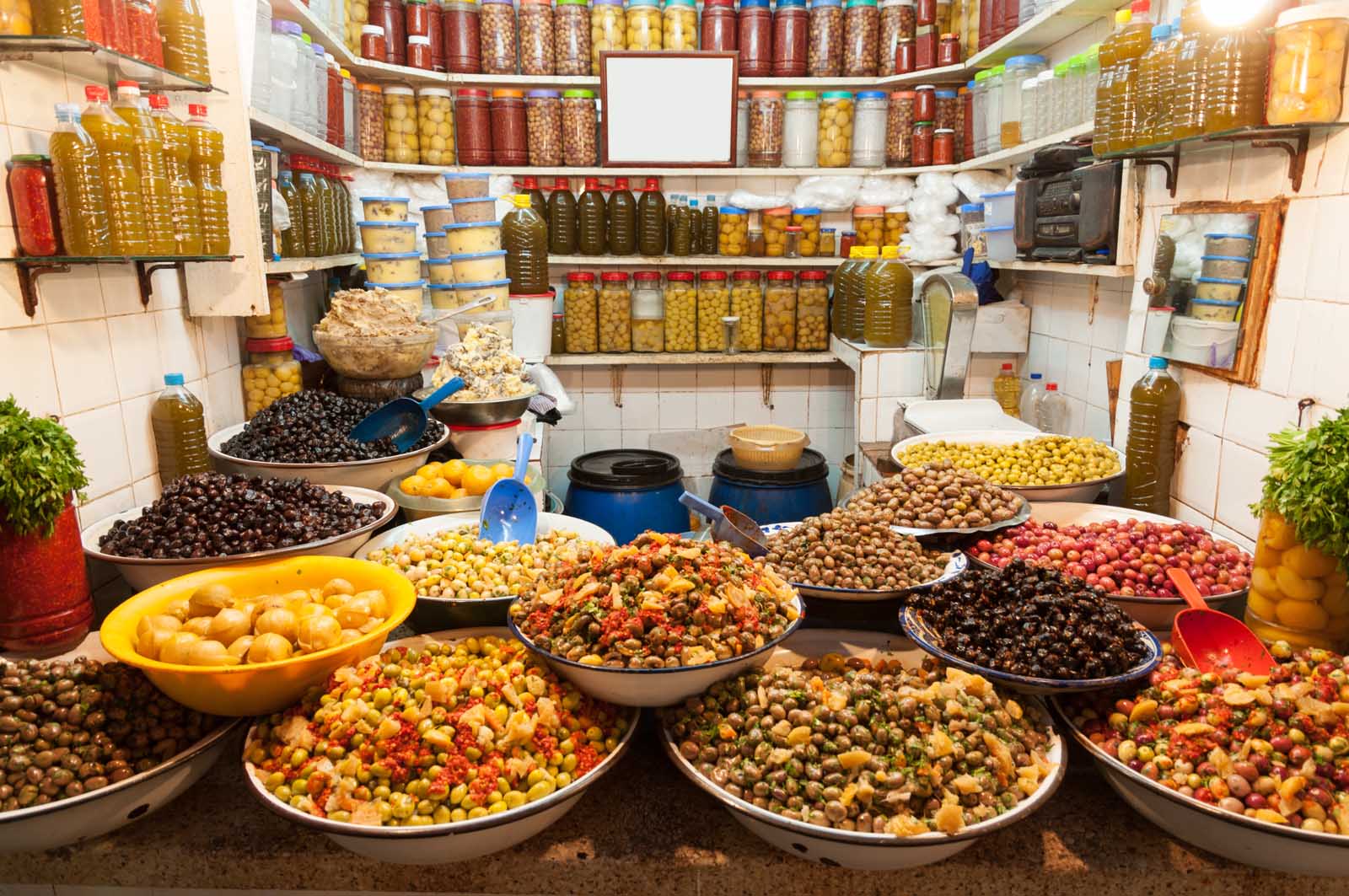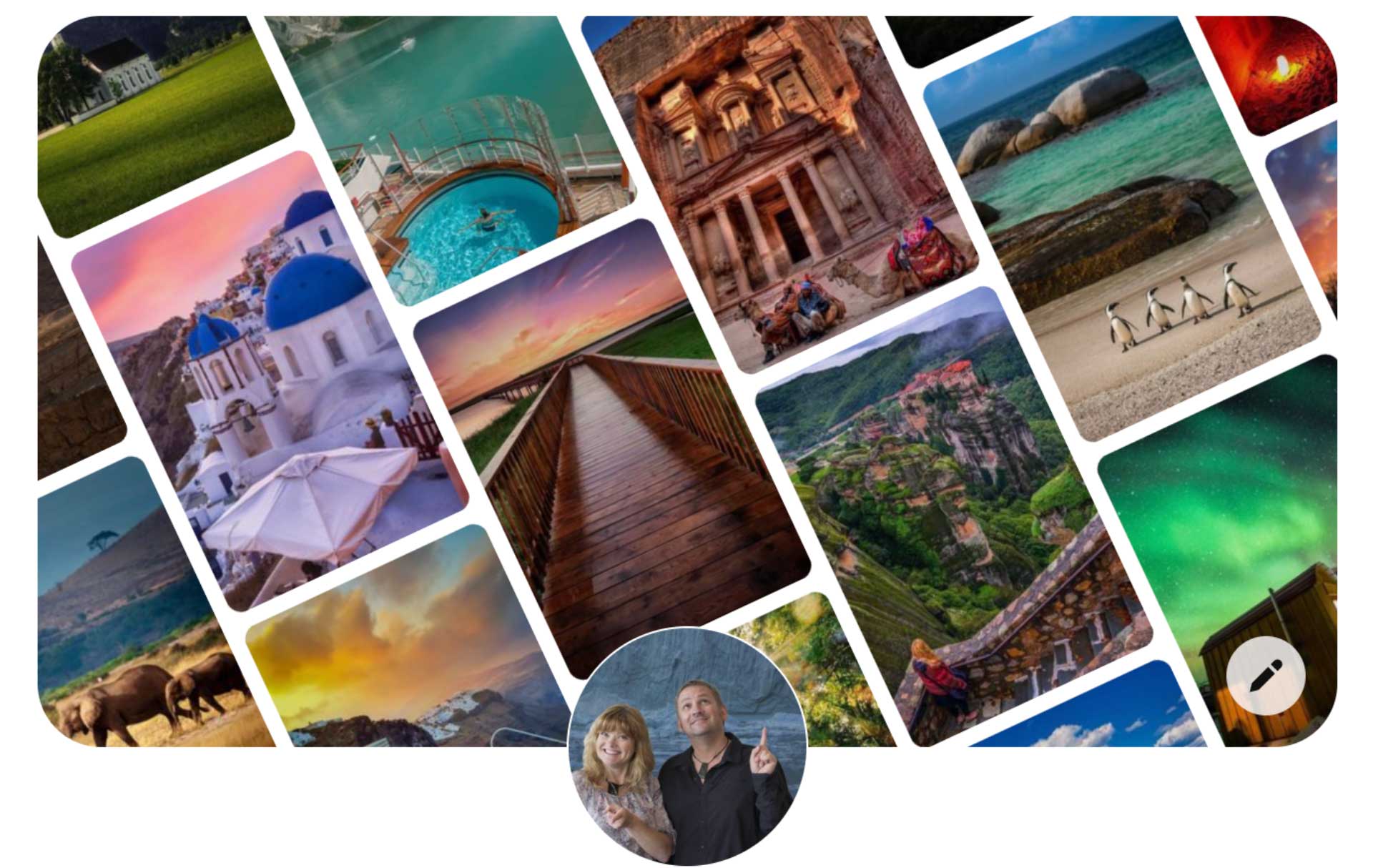Travel to Cuba has recently become more challenging for Americans following the announcement from the Trump administration, which implemented a ban on cruise ships, private planes, and boats to the Caribbean island.
These fresh regulations arise amid a Cuban tourism boom that was on the brink of reaching record-breaking figures—projected to be 5.1 million visitors in 2019, according to tourism board estimates.
What is Going On?
In its effort to reverse the relaxed travel regulations established during the Obama administration, the Trump administration has introduced new restrictions impacting U.S. travel to the island nation. Moreover, one of the most significant changes is the prohibition of U.S. cruise ships from reaching Cuba. According to the administration, travelers who purchased tickets prior to the ban will still be able to visit, although the specifics of that process remain unclear.
Reports indicate that cruise line companies were taken by surprise by this sudden announcement, leading some to cancel or reroute itineraries to alternative destinations. For example, Royal Caribbean has opted to redirect all previously booked Cuban itineraries to the Bahamas and is offering its customers either a full refund or a 50 percent discount on the adjusted itinerary.
Importantly, commercial airlines remain unaffected by these new regulations. Travel policies for academic groups, journalists, and professional meetings have not changed.
Additionally, the Trump administration has intensified regulations regarding the popular “people-to-people” educational travel category that many Americans utilized for visiting Cuba, which now encompasses both individual and group trips. This regulation has been in place since the initial announcement in June 2017, with updates implemented in November of the same year, exacerbating travel restrictions in this category.
Can Americans Still Travel to Cuba?
Yes, commercial airlines continue to operate flights to Cuba; however, a decrease in the number of flights is likely if Americans aim to avoid bureaucratic complexities.
How Will the New Regulations Affect Cubans?
Consequently, reports indicate that the Cuban government recently imposed food rations due to U.S. sanctions and the loss of aid from Venezuela. Therefore, the Trump administration’s new policy is expected to impact small private enterprises in Cuba adversely. Americans traveling under the people-to-people trips in 2016-17 primarily patronized well-managed, economical casas particulares and high-quality private restaurants, leading to a thriving private tourism sector in Cuba.
The elimination of revenue from cruise lines may precipitate the closure of many privately-owned establishments, seriously impacting the local economy.
America’s Impact on Cuba?
Despite challenges such as Hurricane Irma and a US Department of State travel warning, Cuba welcomed 4.8 million visitors in 2018, reflecting a slight increase from 4.5 million in 2017. Before the recent announcements from the U.S government, the trend for 2019 seemed similarly promising, with the Associated Press reporting 142,721 visitors to the island in the first four months, representing a more than 300 percent increase compared to the same period in the previous year.
Notably, Americans constitute the second largest group of foreign visitors to Cuba, after Canadians.
What’s Next?
At this juncture, the future of Cuban tourism remains uncertain as the industry is likely to face substantial challenges once the new U.S. travel policies are fully enacted. The implications of these changes could significantly reshape travel dynamics to this vibrant island.




